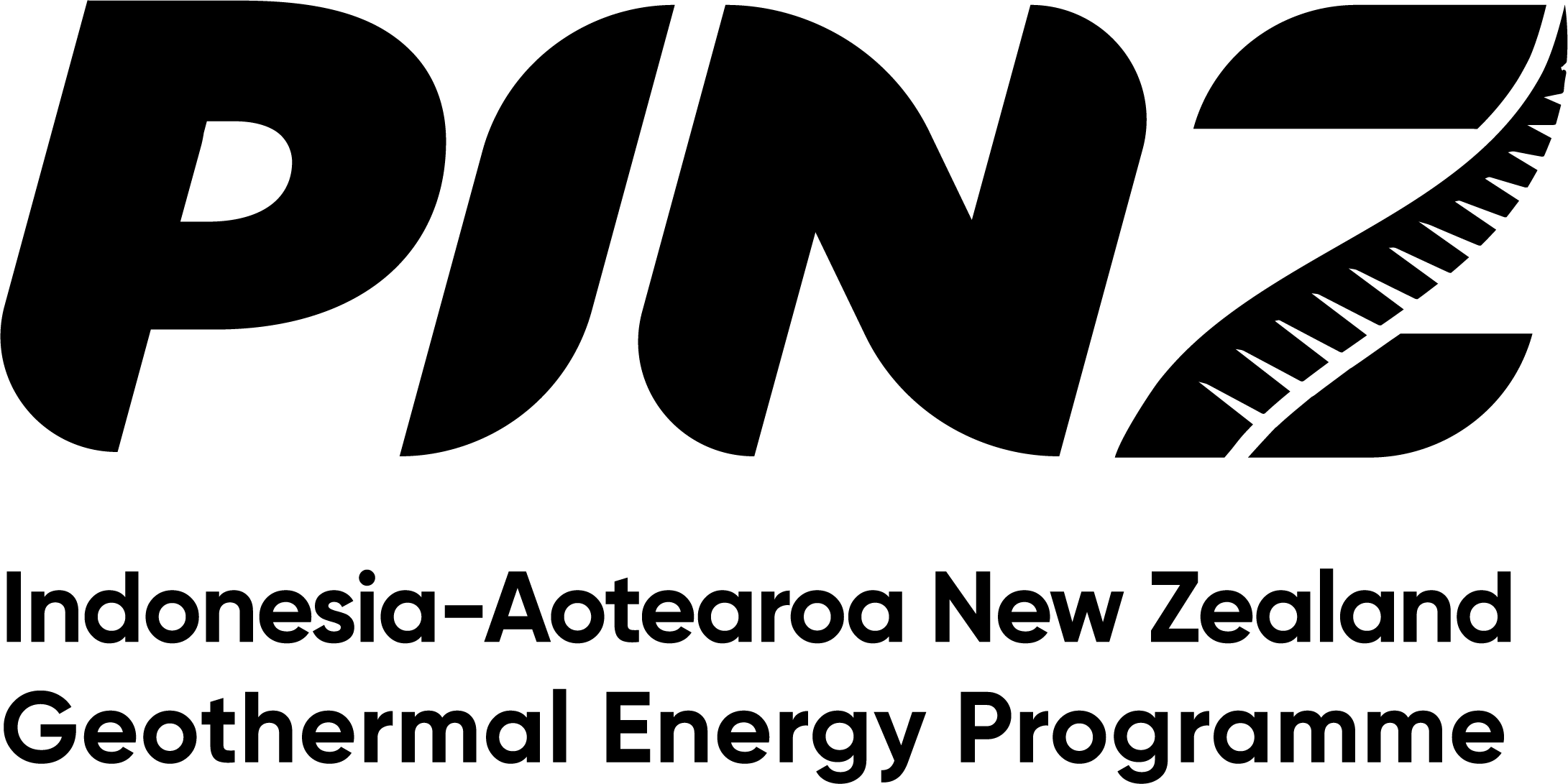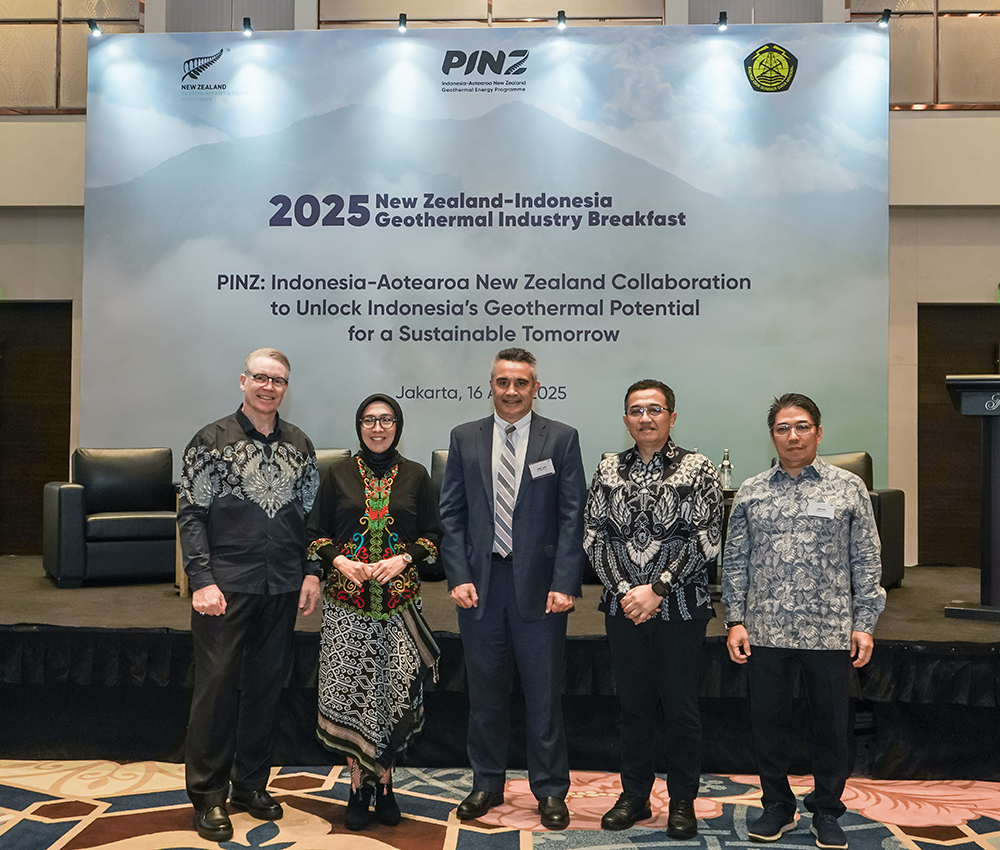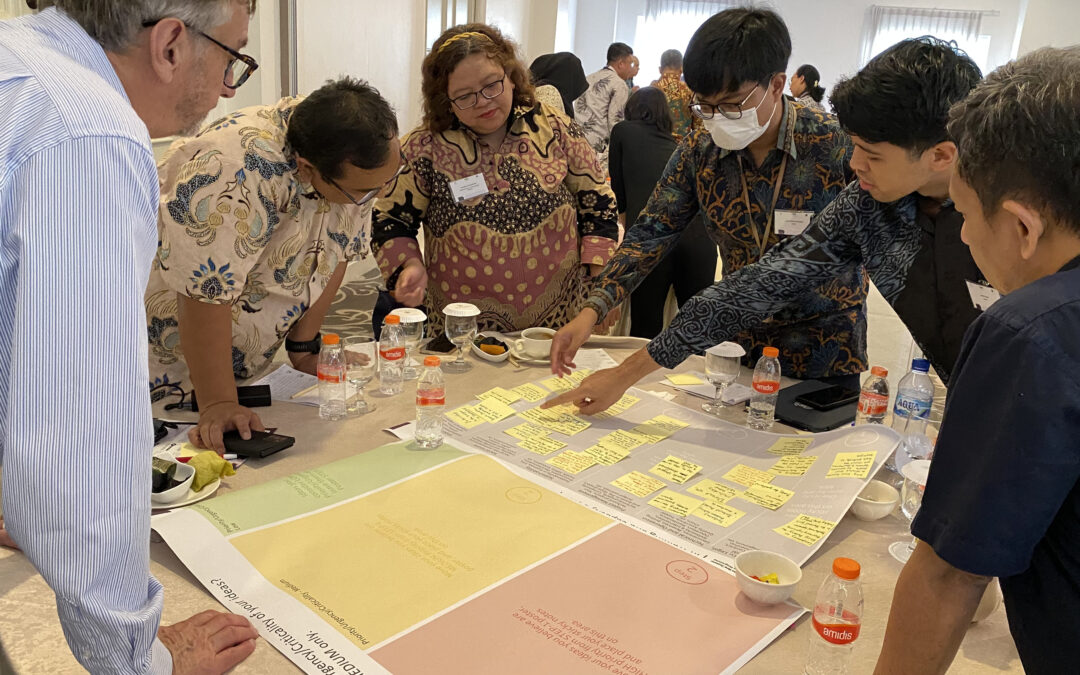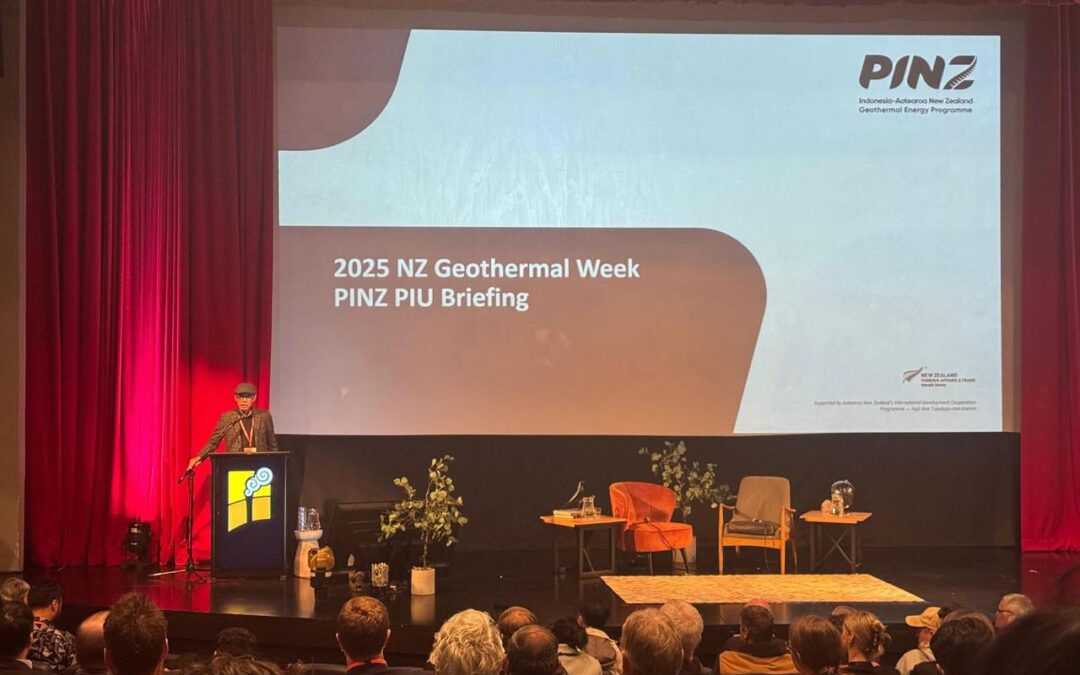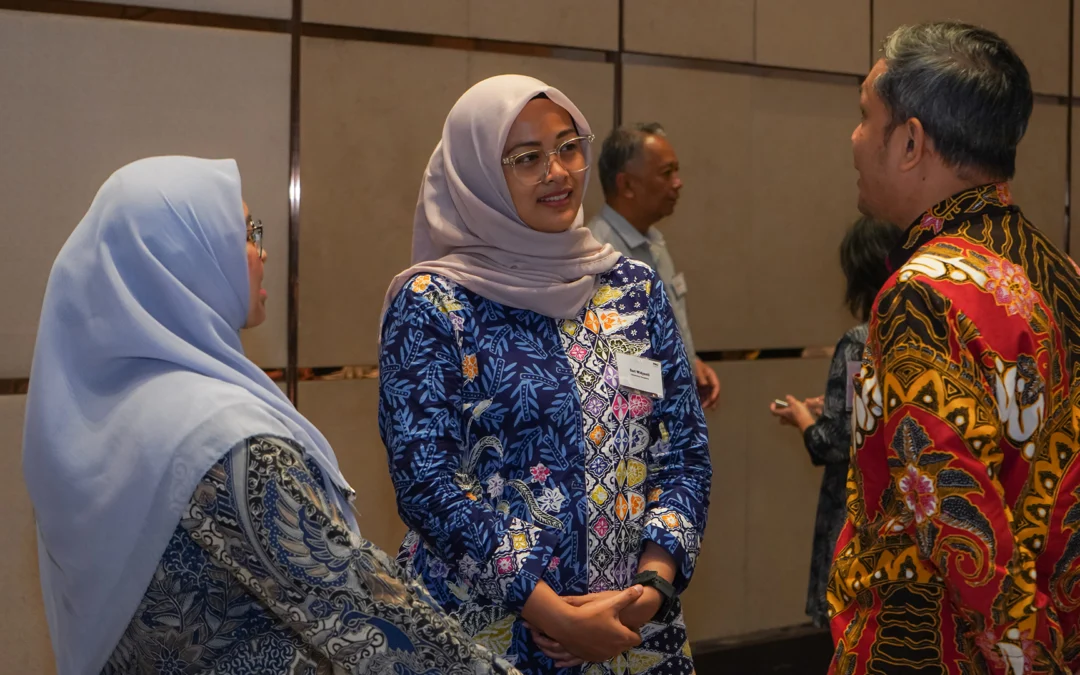Indonesia is continuously enhancing the proportion of renewable energy in its national energy disbursement to achieve energy resilience and self-sufficiency. Known for having the second-largest geothermal potential in the world, after the United States, Indonesia boasts approximately 23,965 megawatts (MW) of geothermal potential. However, as of the 2024, the installed capacity for geothermal power generation has only reached approximately 2,600 MW, accounting for just 10.8% of the potential. On another hand, Indonesia aims to achieve net zero emissions by 2060. An extraordinary leap forward is needed to achieve this target. Optimising geothermal potential becomes one of the key strategies to increase the share of renewable energy in the national energy disbursement.
As a key partner in supporting the development of Indonesia’s geothermal potential, the New Zealand supports Indonesia’s efforts to harness this resource for energy resilience. The partnership between New Zealand and Indonesia in developing geothermal potential has flourished for over 50 years.
In the 1972, the New Zealand supported the exploratory drilling phase up to the commercial operation of Indonesia’s first geothermal power plant, the Kawang Kamojang, in West Java in 1983. The support continued over the years through knowledge and experience exchange in renewable energy production and energy conservation, technical assistance, joint studies, exchange of expertise, and human capital development. The New Zealand Support for Technical Training in the Indonesia Geothermal Sector (NZSTIGS) was launched in 2016 to support the development of geothermal energy human resources skills and capacity. The cooperation was continued in 2018 through the Acceleration of Geothermal Development in Indonesia Activity was implemented (Geo-INZ) to achieve accelerated geothermal development in Indonesia that supports economic and social development, while increasing human capacity and advancing gender, environment, and human rights in the sector.
Indonesia-Aotearoa New Zealand Geothermal Energy Programme (PINZ)
Building on the success of previous initiatives and partnerships, in 2023, the New Zealand Ministry of Foreign Affairs and Trade, Manatū Aorere (MFAT) and the Indonesian Ministry of Energy and Mineral Resources (MEMR) agreed to continue their collaboration in the geothermal sector and launched the Indonesia-Aotearoa New Zealand Geothermal Energy Programme (PINZ).
PINZ is a five-year partnership running from 2024 to 2029, focusing on providing technical assistance and capacity building. The program aims to support Indonesia in increasing the contribution of geothermal energy and fulfilling the country’s climate change commitments and renewable energy targets.
Leveraging the existing skills and expertise within Indonesia while also integrating best practices from New Zealand
The PINZ programme delivers technical assistance and capacity-building services across three key areas. First, it provides sector policy, regulation, and planning support. PINZ will provide technical inputs for geothermal sector planning, policy settings, regulations, and standards.
Second, it focuses on technical support, capacity building, and results evaluation for exploration and project preprartion for Government of Indonesia-led geothermal development projects. PINZ will provide targeted geoscience support for progressing geothermal exploration projects and preparing geothermal power and direct use projects for commercial development.
Third, increasing geothermal workforce skills and capacity. It will facilitate vocational training courses for geothermal technicians and plant operators at selected Indonesian polytechnics, delivered by selected Indonesian polytechnics, from curricula and training material previously developed. It will also provide geothermal related short course training and group workshops delivered in Idnonesia to address gaps and introduce new relevant subjects.
Through PINZ, both countries aspire to develop Indonesia’s geothermal potential for power and heat supply, leveraging the existing skills and expertise within Indonesia while also integrating best practices from New Zealand. This collaborative effort is expected to strengthen Indonesia’s energy resilience and self-sufficiency, particularly in the geothermal sector, while fostering a mutually beneficial and enduring partnership between Indonesia and New Zealand.
